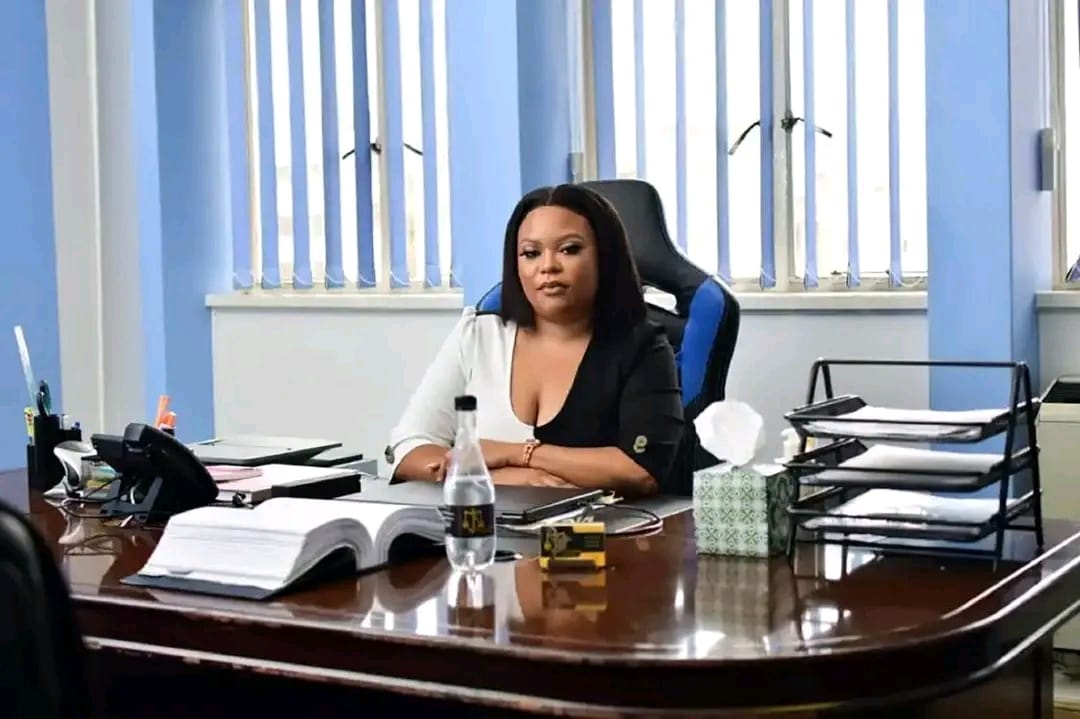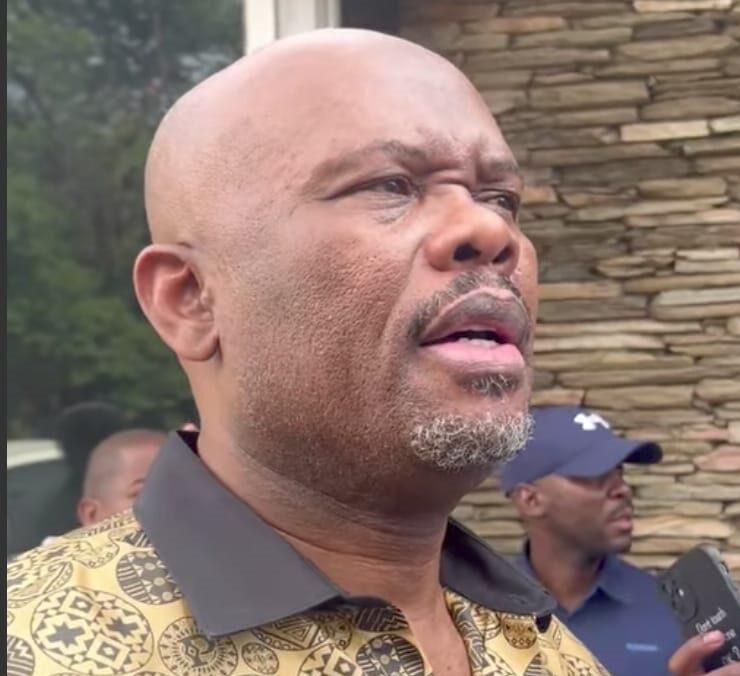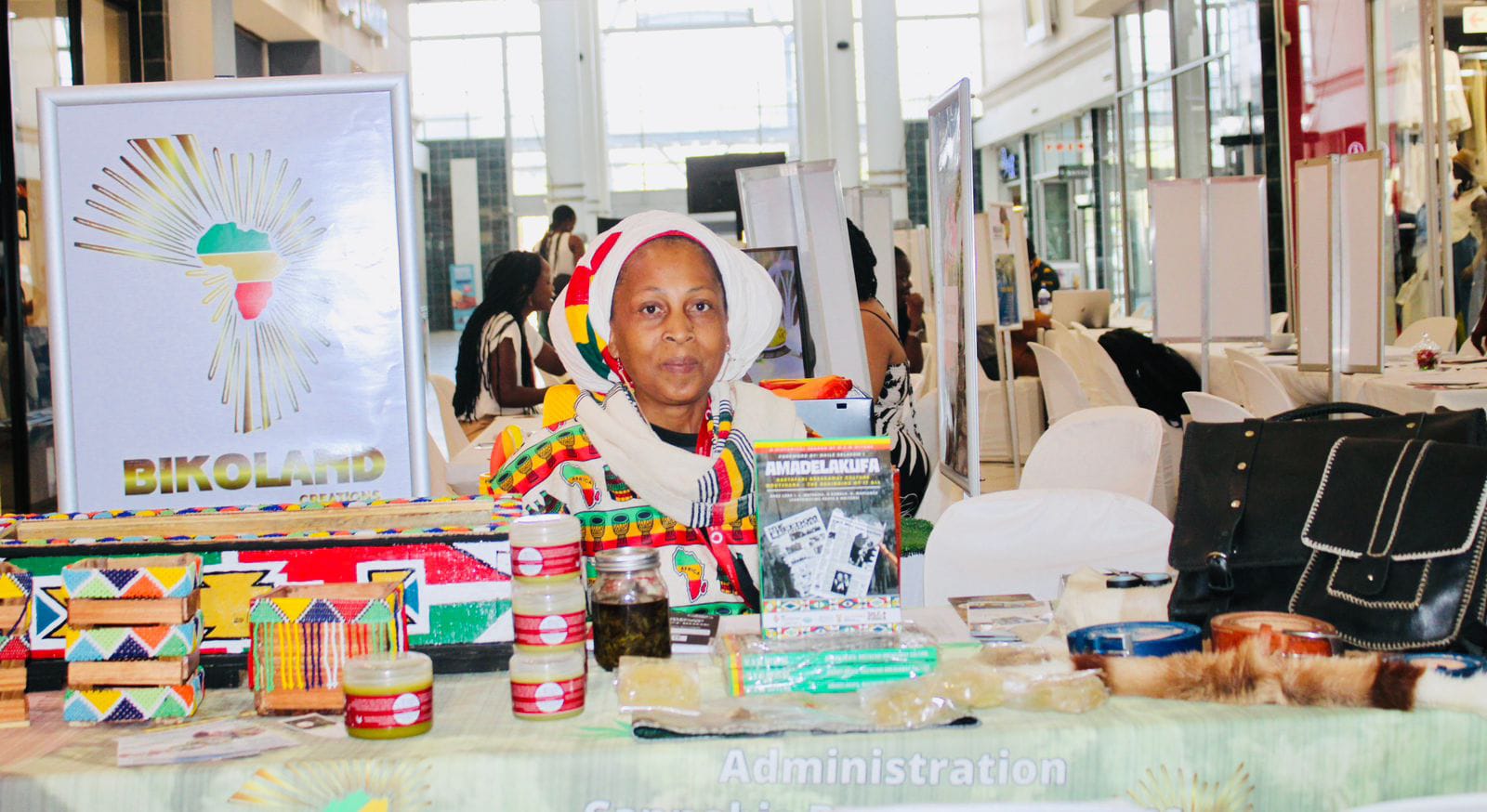By Duncan Mnisi
Pretoria, Gauteng – Nonhle Nkomonde, a prominent South African lawyer has been disbarred amid allegations of misconduct involving the misappropriation of client funds.
Nkomonde is accused of stealing over R2 million from the estate of a deceased client, Dr. David Frank Lubenga, and using the funds to purchase eight properties in Soweto, Orange Farm, and Orlando East.
The Legal Practitioners Council (LPC) confirmed that Nkomonde is currently suspended following 29 complaints related to estate mismanagement and illegal property transactions on behalf of her clients.
According to reports, Nkomonde transferred the estate funds into her personal account before acquiring multiple properties.
She is also accused of transferring ownership of a 61-year-old client’s house without her consent, selling it for R300,000, and operating without a Fidelity Fund Certificate, which has prevented affected clients from claiming compensation.
Nkomonde’s attorney, Herman Higgins, criticized his client’s conduct, describing her as uncooperative.
“My client is an administrator, and her failure to respond to the LPC’s inquiries—despite multiple requests for her input regarding the allegations—speaks volumes about her approach,” Higgins stated.
The case has raised concerns about ethical standards within South Africa’s legal profession and prompted calls for improved oversight and accountability.
Criminal investigations into potential fraud, money laundering, and identity theft are ongoing. The Pretoria High Court is scheduled to hear Nkomonde’s next week Tuesday.
The incident has sparked public outrage, with critics condemning unethical conduct among lawyers and highlighting the need for stricter regulatory measures to protect clients and maintain the integrity of the legal system.
Meanwhile, Nkomonde’s legal troubles are not isolated. Social media users, including Thlomo Diamond, have condemned lawyers in South Africa, describing them as “ruthless thieves” who even harm their clients. The ongoing investigations into her actions also involve criminal inquiries into potential money laundering and theft.






